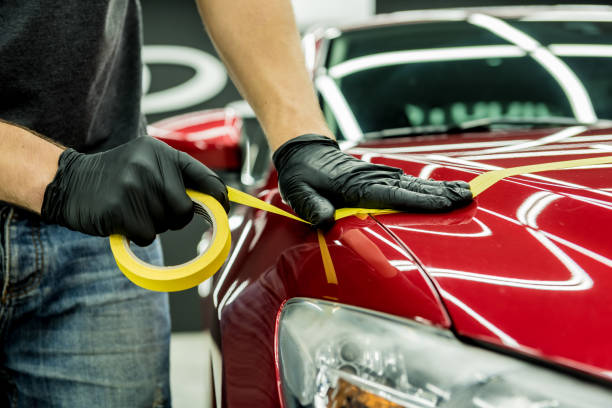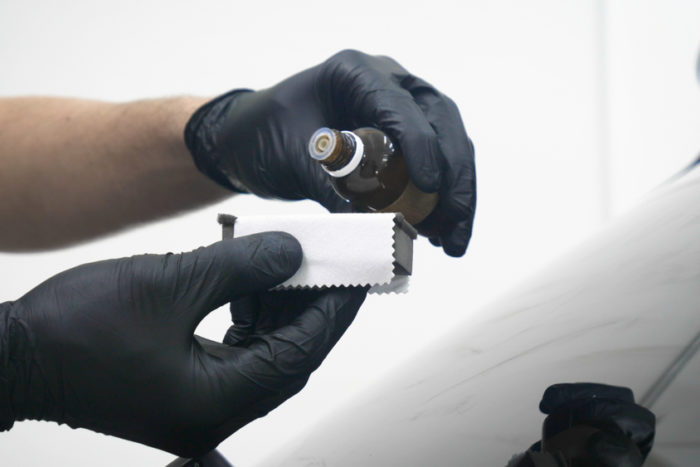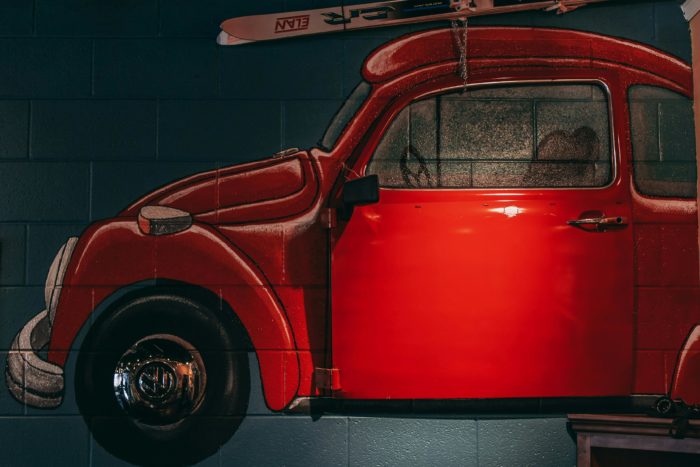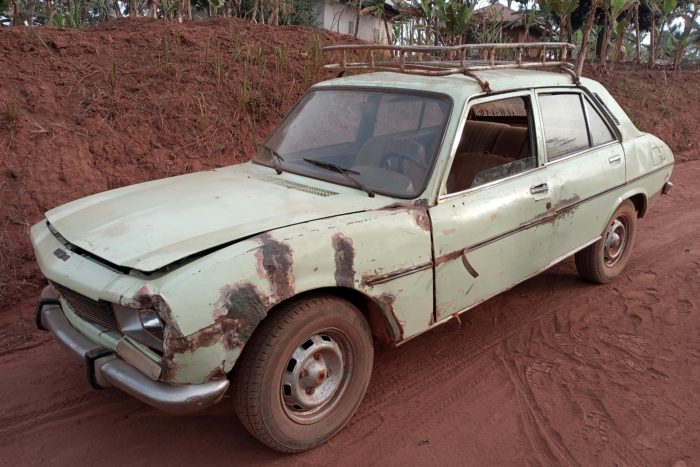Is It Hard To Paint A Car Yourself?
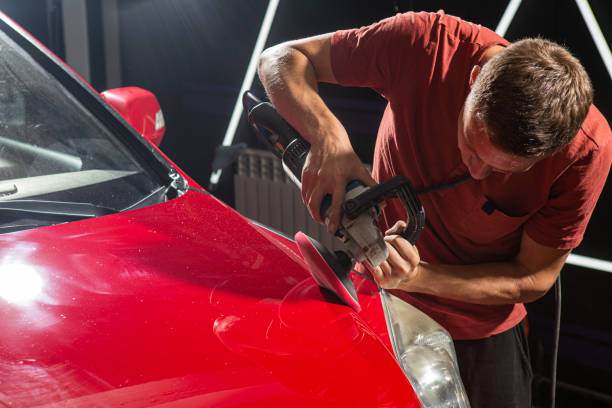
Painting a car yourself can be a challenging and time-consuming task, especially if you aim for a professional-quality finish. While it’s certainly possible for a DIY enthusiast to paint their own car, there are several factors and skills to consider before diving into such a project.
Here’s an overview of the challenges and considerations involved in painting a car on your own…
Skill Level and Experience
- Technical Knowledge – Understanding the types of paint, primers, and sealers, as well as the correct application techniques. Mistakes can be costly and difficult to fix.
- Experience – Prior experience with smaller painting projects can be very helpful. Painting a car involves many steps that require precision and patience.
Preparation Work
- Surface Prep – The car’s surface must be meticulously prepared to ensure the paint adheres well and looks smooth. This includes sanding, repairing any dents or rust spots, and applying primer. The prep work is often more time-consuming than the painting itself.
- Environment – A clean, dust-free, and well-ventilated area is for painting. Many people underestimate the difficulty of creating an environment that is suitable for automotive painting.
Equipment and Materials
- Tools – You’ll need a variety of tools and materials, including sandpaper, primer, paint, clear coat, a spray gun, and a compressor. High-quality equipment can be expensive.
- Safety Gear – Proper safety gear, such as respirators, gloves, and protective clothing, is necessary to protect yourself from harmful chemicals and fumes.
Time Commitment
- Labor-Intensive – The process is not just about spraying paint. It involves thorough prep, multiple coats of paint, and possibly sanding between coats, followed by a clear coat. Each step requires drying time.
- Patience – Achieving a smooth, even finish requires patience and attention to detail. Rushing through the steps can lead to poor results.
Potential Challenges
- Mistakes – Runs, drips, orange peel texture, and uneven coverage are common issues that can arise during a DIY paint job.
- Cost – While saving on labor costs, the materials, tools, and any do-overs can add up.
Final Quality
- Expectations – A first-time DIY paint job is unlikely to match the quality of a professional job, but with care, it can still significantly improve a car’s appearance.
- Value – Consider how the paint job will affect your car’s value. A poor paint job can actually decrease a vehicle’s resale value.
Conclusion
If you have the time, patience, and willingness to learn, painting a car yourself can be a rewarding project. Realistically assess your skills, the costs involved, and the quality you’re aiming to achieve. For many, the assurance of a professional finish is worth the cost of hiring experienced painters. If you decide to proceed, thorough research, careful preparation, and practice on smaller items can improve your chances of a successful outcome.

